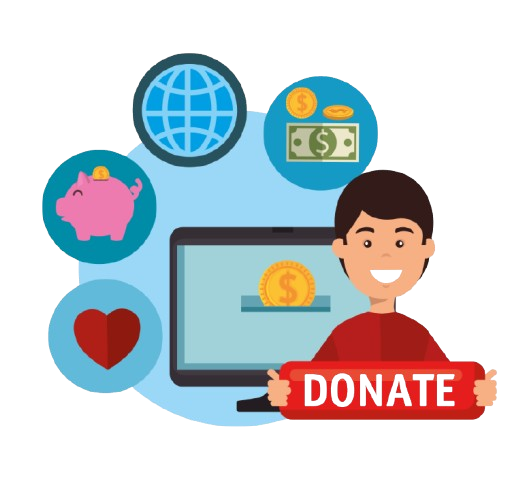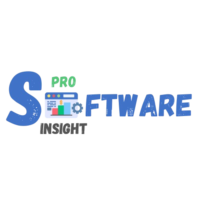Donor Management Software - The Ultimate Guide for Nonprofits

Table of Contents:
Intro
- What is Donor Management Software?
- How Donor Management Software Benefits Nonprofits
- Challenges of Using Donor Management Software
- Conclusion
Managing donor relationships effectively is the lifeblood of any nonprofit organization. Whether you’re a small charity or a large philanthropic institution, keeping track of donor information, engagement history, and fundraising efforts is crucial for sustainable growth. This is where donor management software comes in. But with so many options on the market, how do you choose the right one? In this guide, we’ll explore what donor management software is, how it benefits nonprofits, potential challenges, and key factors to consider when selecting the best solution for your organization.
What is Donor Management Software?
Donor management software (DMS) is a specialized tool designed to help nonprofits track and manage donor interactions, contributions, and engagement efforts. It centralizes donor data, automates communications, and streamlines fundraising efforts to improve donor retention and increase overall donations.
Modern donor management solutions go beyond basic record-keeping—they offer advanced analytics, AI-powered insights, and integrations with marketing and financial tools, making them essential for today’s data-driven fundraising strategies.
How Donor Management Software Benefits Nonprofits
1. Streamlined Data Organization
A donor database consolidates all donor-related data in one place, making it easier to access past donations, contact details, and engagement history. This ensures that every team member has up-to-date information when interacting with donors.
2. Enhanced Donor Engagement & Retention
Nonprofits thrive on strong donor relationships. A good DMS enables personalized communication by tracking donor preferences and past interactions, ensuring that outreach efforts are meaningful and relevant.
3. Automated Fundraising Campaigns
With built-in automation features, nonprofits can schedule email campaigns, manage event invitations, and send thank-you notes without manual effort. This helps maintain consistent engagement while saving valuable time.
4. Advanced Reporting & Analytics
Data-driven decision-making is crucial for nonprofit growth. Donor management software provides insightful reports on donation trends, campaign performance, and donor behavior, helping organizations optimize their fundraising strategies.
5. Seamless Integration with Other Tools
Many DMS solutions integrate with accounting software, email marketing platforms, and CRM systems, creating a unified ecosystem that enhances efficiency and reduces administrative burdens.
Challenges of Using Donor Management Software
- Cost Concerns: While donor management solutions offer immense value, some platforms can be expensive, especially for smaller nonprofits. It’s essential to assess whether the software’s features align with your budget and needs.
- Learning Curve & Implementation: Switching to a new system requires training and adaptation. Some organizations may struggle with onboarding staff and volunteers, making ease of use a key factor when choosing a solution.
- Data Security & Privacy Compliance: Handling donor data comes with significant security responsibilities. Nonprofits must ensure their chosen software adheres to compliance regulations like GDPR or CCPA to protect donor information.
- Integration Challenges: Not all DMS platforms seamlessly integrate with existing tools. Before purchasing software, nonprofits should check compatibility with their current systems to avoid workflow disruptions.
FAQs
What is the best DMS for small nonprofits?
Several budget-friendly options, such as Bloomerang, Little Green Light, and Donorbox, cater to small nonprofits by offering essential donor tracking and engagement features at an affordable price.
How does DMS improve fundraising efforts?
By automating outreach, tracking donor preferences, and providing insights into giving patterns, DMS helps nonprofits create targeted fundraising campaigns that yield higher engagement and donations.
Is DMS secure?
Reputable DMS providers implement robust encryption and security protocols to protect donor data. Always choose software that complies with data protection regulations.
Can DMS integrate with my existing CRM or email marketing tools?
Most modern solutions support integrations with popular platforms like Salesforce, Mailchimp, and QuickBooks. Be sure to check compatibility before making a selection.
Conclusion
Investing in the right donor management software can transform how nonprofits manage donor relationships, streamline fundraising efforts, and drive long-term growth. While challenges such as cost and implementation exist, the benefits far outweigh the hurdles when the right platform is chosen. By evaluating features, security, and ease of use, organizations can find the perfect solution to strengthen donor connections and maximize fundraising success.
